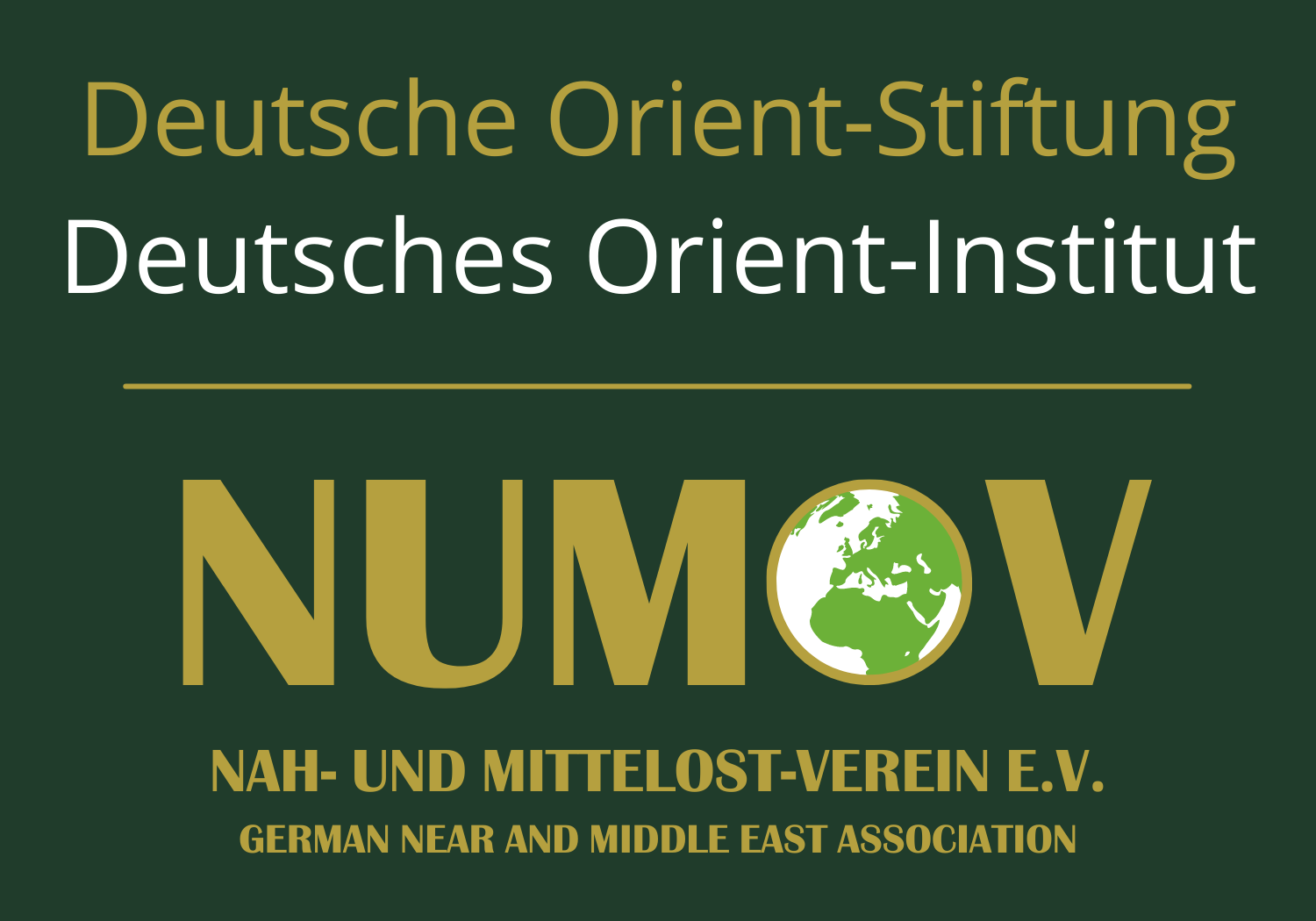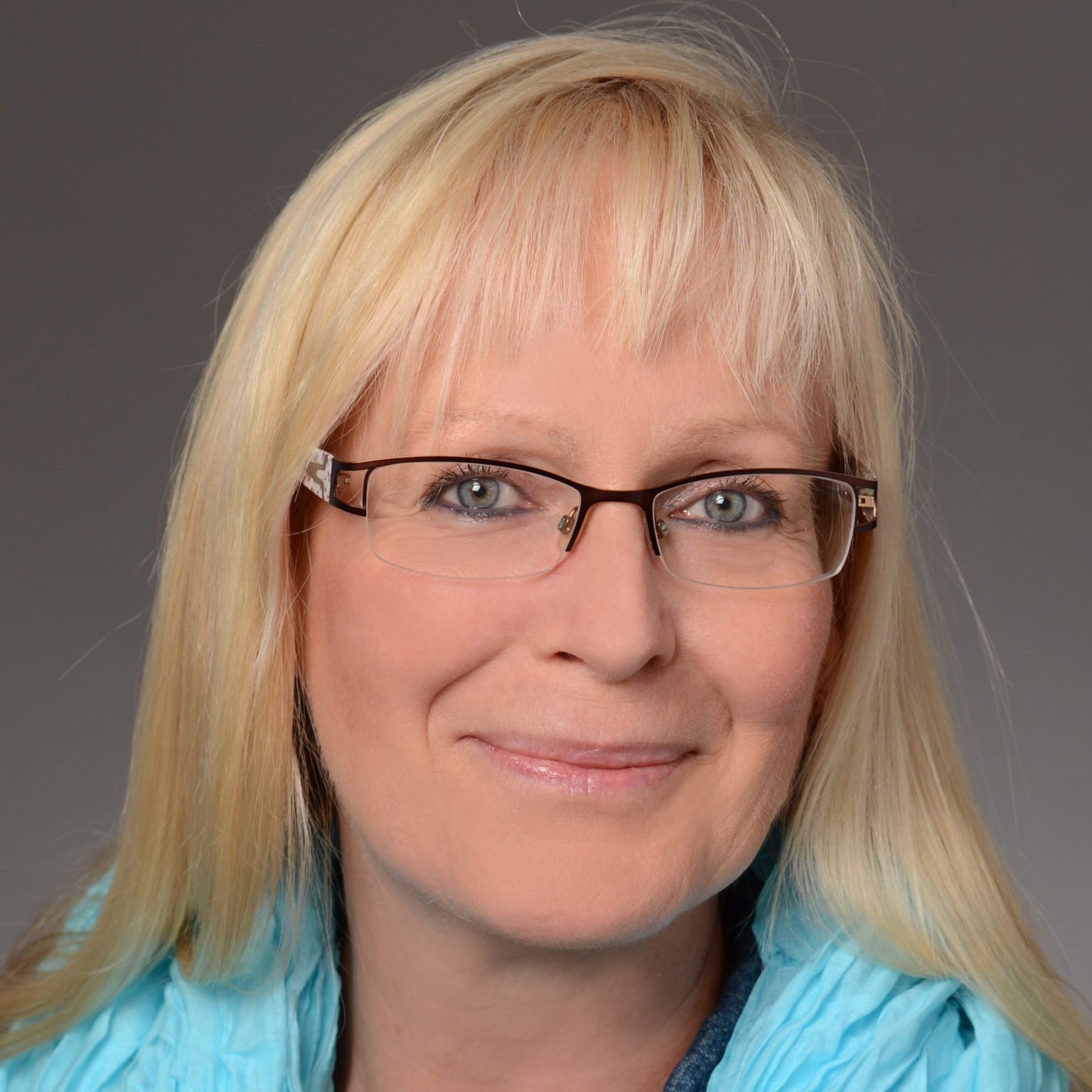About the DOI
A decisive expansion and broadening of the activities of NUMOV meant the establishment of the "German Orient Foundation" in 1960, with the aim of creating a scientific institution, namely the German Orient Institute (DOI), which under the direction of Dr . Messerschmidt soon developed into one of the leading institutions for questions of the modern Orient in Germany and Europe.
The regional focus is the Near and Middle East (North Africa, Arabian Peninsula, Afghanistan, Pakistan, Turkey), the content of the German Orient-Institute deals with current political, social, cultural, and economic developments in Islamic societies. The attempt is made to take into account the heterogeneity of the societies of the Near and Middle East and to contribute to a differentiated, balanced and analytically critical view of "the Islamic world" based on historical, translocal, and interdisciplinary approaches. In addition to current topics such as the genesis and dynamics of Islamist movements and militant violent actors as well as security and geopolitical assessments based on country-specific regional analysis in the area of area studies also aspects of youth mobility through the Internet in the Middle East, religious developments, renewable energies or Islamic finance.
The German Orient-Institute takes on a policy advisory role for German ministries, companies and foundations. In addition, the German Orient-Institute regularly organizes specialist conferences on regional priorities (e.g. Yemen, Syria or Turkey) as well as specialist seminars to impart intercultural competence to German business representatives. In addition to political and economic actors and scientific institutions, the target groups are also the general public.
History
1960
The statutes of the "German Orient Foundation" were approved on May 8, 1960 by the Hamburg Senate. The founding ceremony took place on June 14, 1960 in the Hotel Atlantic. The chairman of the Near and Middle East Association, Dr. h.c. Alfred Toepfer described the goals and tasks of the institute. It was intended to “promote and maintain relations between the countries of the Orient and Germany in all areas of culture, in particular art, science and contemporary history”. For this purpose an irreplaceable collection of magazines and newspapers as well as a library of 33,000 volumes was created. The collection has been regularly updated since the 1960s through the purchase of around 50 daily and weekly newspapers and press services, half of which are in the languages of the countries of the Near and Middle East. The first election to the board of the "German Orient Foundation" took place on June 16, 1960 in the Hotel Atlantic. The banker Dr. Rudolf Brinckmann was elected as the Chairman of the Board. Dr. Alfred Toepfer, Dr. Ernst A. Messerschmidt, ambassador ret. D. Hans C. Podeyn and Dr. Ernst-Justus Ruperti supported him as board members. For their part, they co-opted Prof. Dr. h.c. Fritz Baade, Kiel. The constituent meeting of the Board of Trustees took place on November 29, 1960 in Bonn; Senator a. D. Heinrich Landahl took over the presidency of the board of trustees. The former German ambassador to Pakistan, Hans C. Podeyn, became president of the “German Orient Institute”.
1964
This year, NUMOV was given the opportunity for the first time to appoint two representatives for technical and economic services, Dr. Ing.Georg Fischoeder and Dr. Heinz Migeod, to Pakistan and Turkey on behalf of the Federal Ministry for Economic Cooperation and Development (BMZ). Their task was to evaluate ongoing German development aid measures and to look for opportunities for new contracts and projects. Thanks to the association's good connections to German companies that knew the development potential of the Middle East countries from many years of business practice, the effectiveness of development aid in the region sustainably improved.
1965
In the second half of the 1960s, the restructuring of the NUMOV was completed. The foundations field of work now encompassed all countries between Egypt, Turkey and Pakistan. A turning point came in 1965 when the Federal Republic of Germany opened a diplomatic mission in Israel. In response, ten Arab states closed their diplomatic missions in Germany, including Iraq, Egypt, Saudi Arabia, Jordan and Kuwait. The resumption of relations was delayed for years. During this time, the activities of the association were of particular importance, as it succeeded in promoting the interests of the German economy in the region and maintaining important connections despite the restrictions imposed on the German official foreign representations. On May 1, 1966, the "Documentation Control Center" department of the German Orient Institute began its work as a member of the "Max Planck Institute for Documentation" in Frankfurt / Main. The control center deals with the ongoing provision of bibliographic information of all kinds. Its work is an indispensable support for inquiries from business, science and research.
Board of Directors
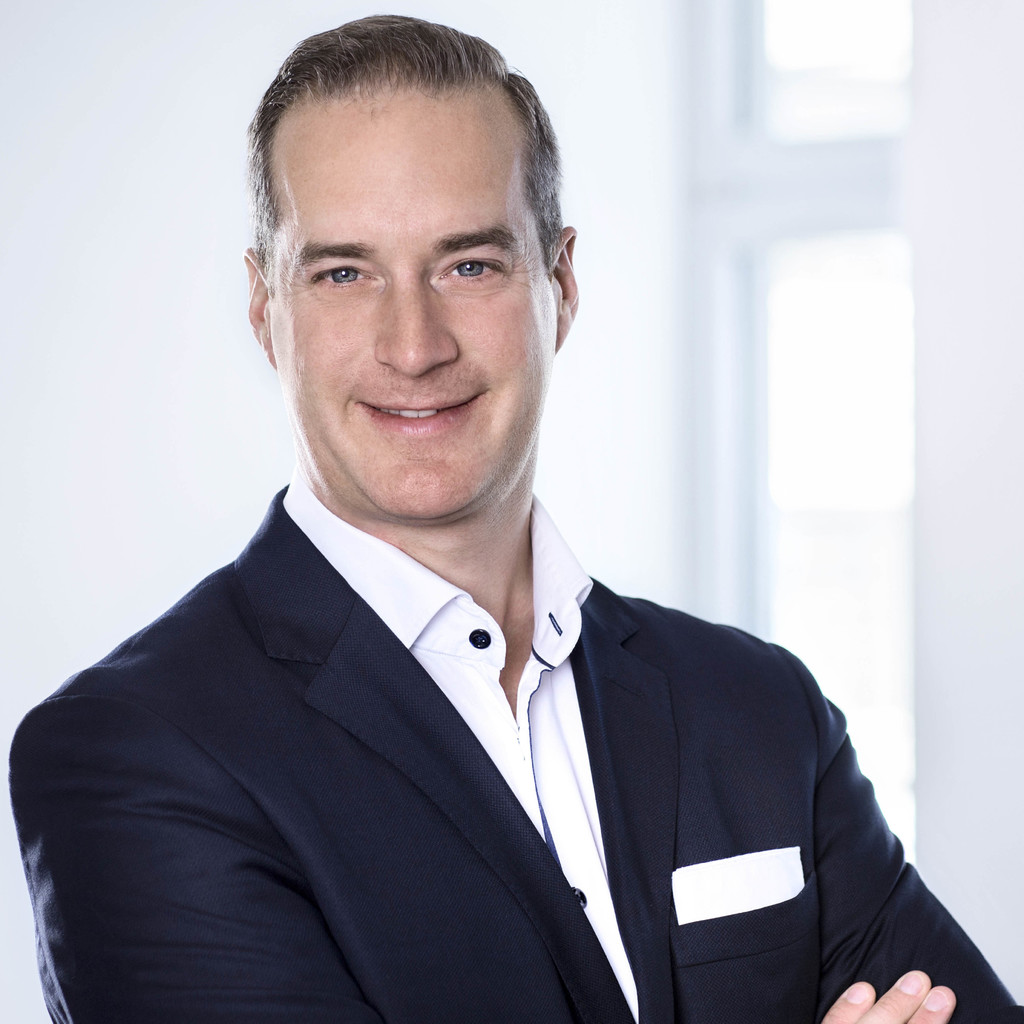
Philipp Lührs
Chairman
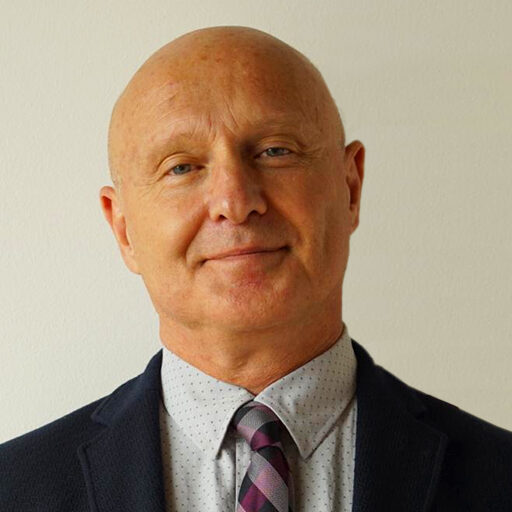
Prof. Dr. Faruk Akyol
Deputy Chairperson
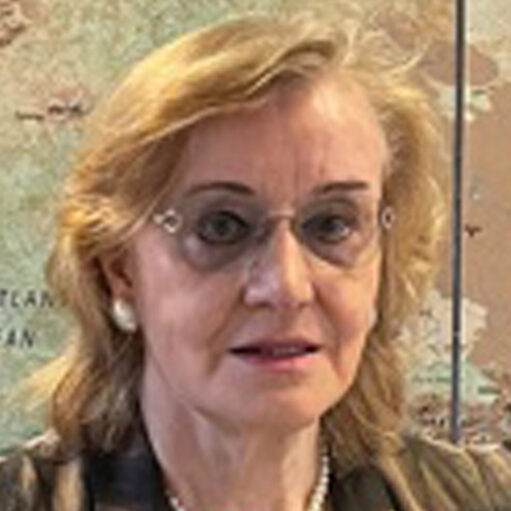
Helene Rang
Deputy Chairperson
CEO and Dp. Chairperson, NUMOV
Proprietor, Helene Rang & Partner
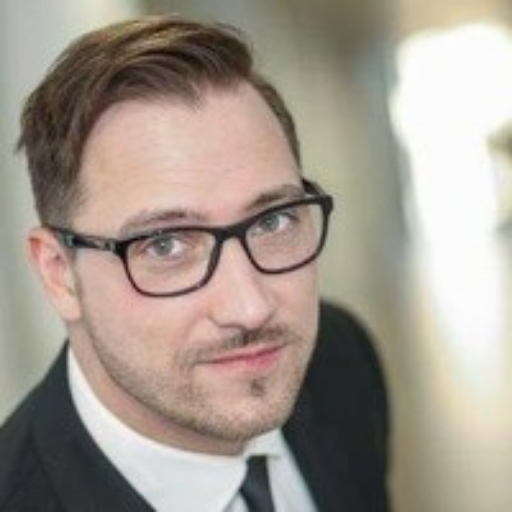
Oliver Romald Siebert
Deputy Chairperson
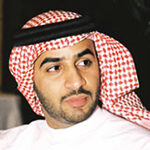
Ali Bin Harmal Al Dhaheri
Member
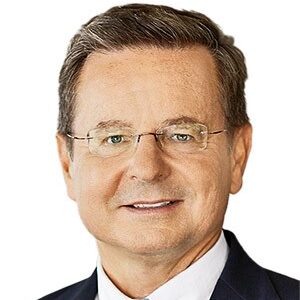
Dr. Helmut Gottlieb
Member
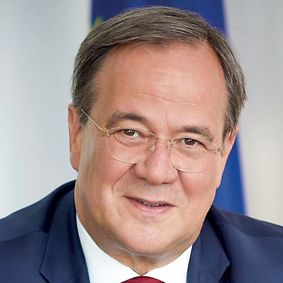
Armin Laschet, MdB
Member
Member of the German Federal Parliament
Former Minister-President of North Rhine-Westphalia
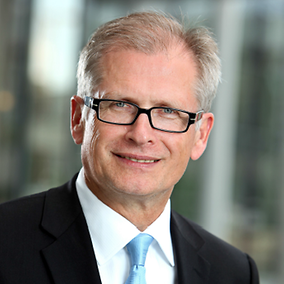
Prof. Dr. Martin Neumannn
Member
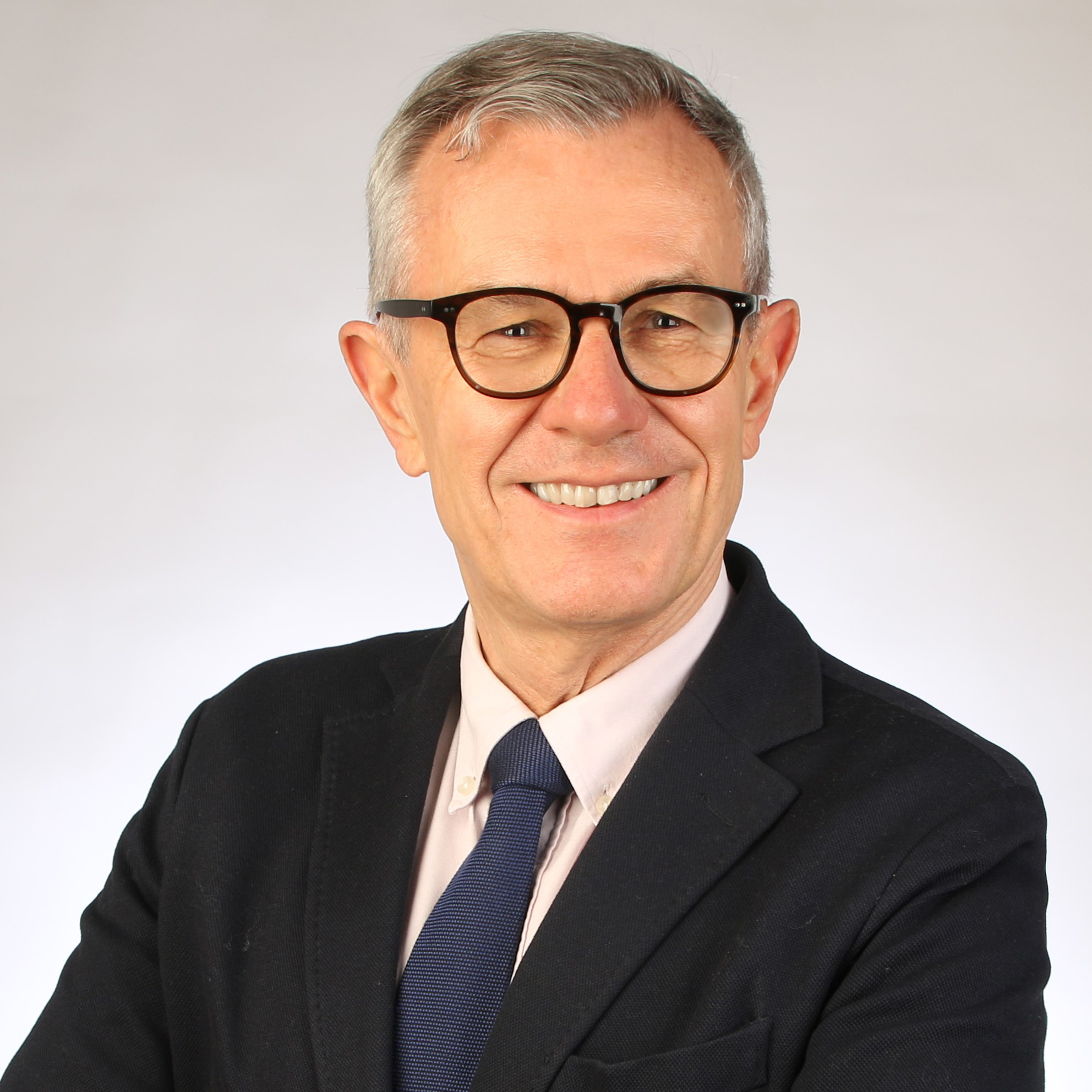
Dr. Andreas Reinicke
Member
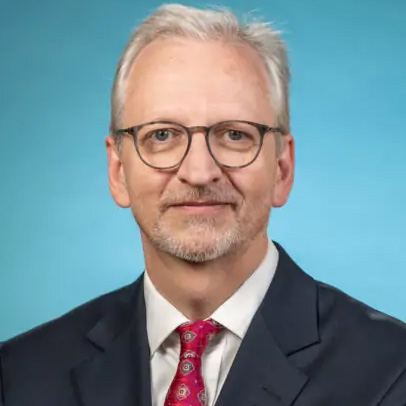
Thomas Schneider
Member

Prof. Dr. jur. Dr. phil. Peter Scholz
Member
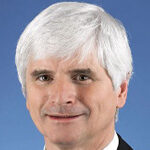
Johannes Selle
Member

Philippe Steiner
Member
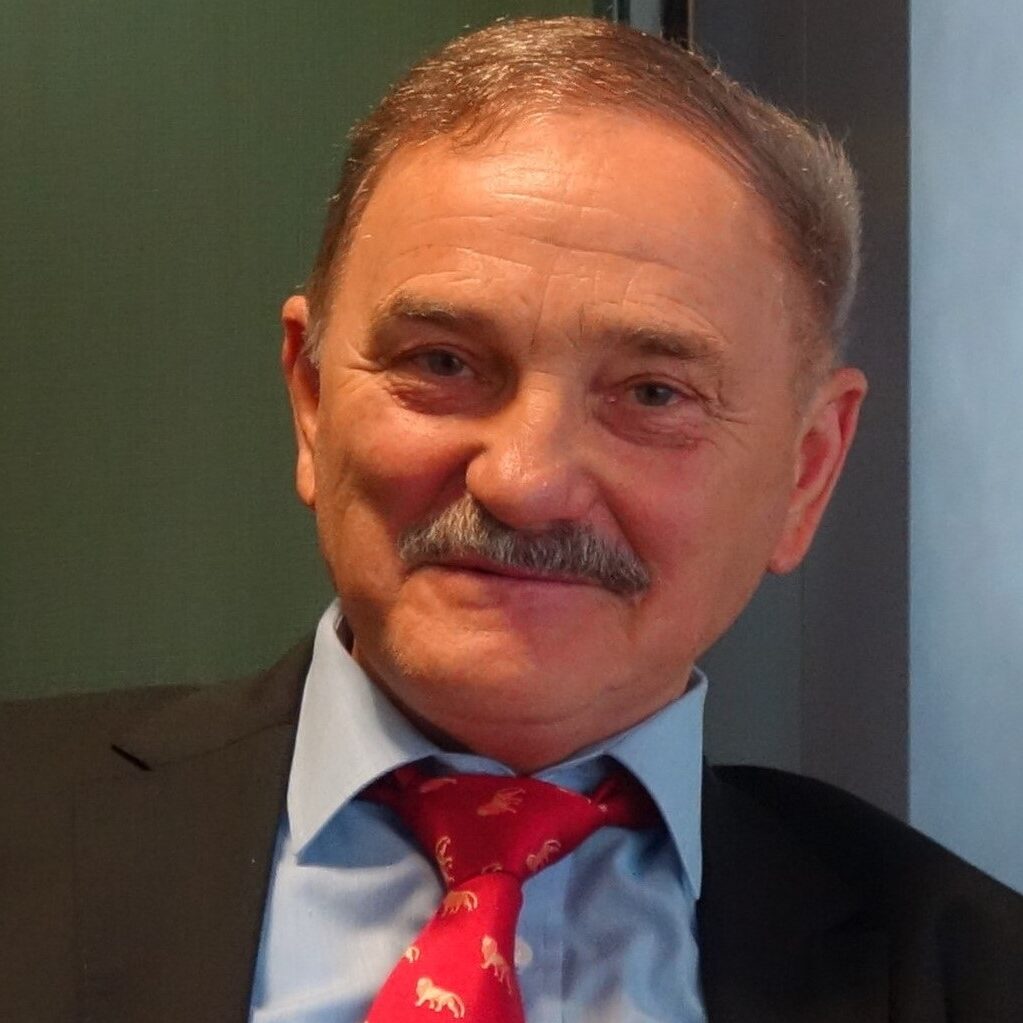
Johann Erich Wilms
Member
